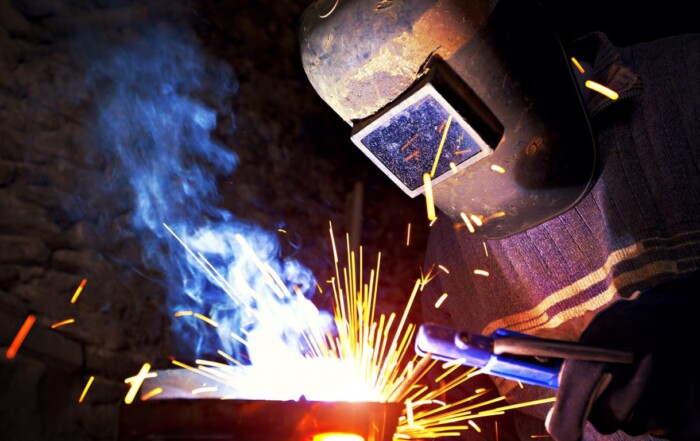The Middle East will face an acute shortage of steel beginning next month with suppliers from Europe almost halving the amount they plan to send to the region.
European steel mills have opted to divert supplies to the US following the removal of protective tariffs.

As a result steel buyers in the Middle East are virtually queuing up at the doors of traders and stockists to get whatever they can lay their hands on.
Many Dubai traders, who sold nearly their entire quota for January in the first week of the year, are now struggling to get commitments from steel mills in the CIS – which supply 60 per cent of the region’s imports – for the rest of the first quarter.
Vimal Sahityani, general manager of Duke Steel, the biggest steel stockist in the UAE, yesterday said: “Prices of some important steel products, such as hot and rolled long steel products, jumped from $378 a tonne to $415 between November and December last year. Now Korean steel manufacturers are asking for $475 a tonne from this month.”
As a result the prices of some steel products – especially those used in the construction industry – have jumped by 30 to 35 per cent.
Prices of deformed bars, for example, are up from $1,400 to $1,800 a tonne in just a month.
Steel stocks are now depleting fast, especially as many regional stockists failed to take the price rise seriously at the beginning of the rally around last October, says Bharat Bhatia, of leading steel trader Conres Metal Supply.
Even with the promise of almost 100 per cent advance payment instead of the normal credit arrangements, steel mills have been unwilling to make large-scale commitments to buyers and traders in the region.
“The rise in steel prices has compelled many contractors in the UAE to renegotiate their tenders,” said Vijay Ramchandani, general manager of Dayal Building Material Traders.
The Middle East countries together import somewhere close to 1.2 million tonnes of various types of steel every month from manufacturers worldwide.
